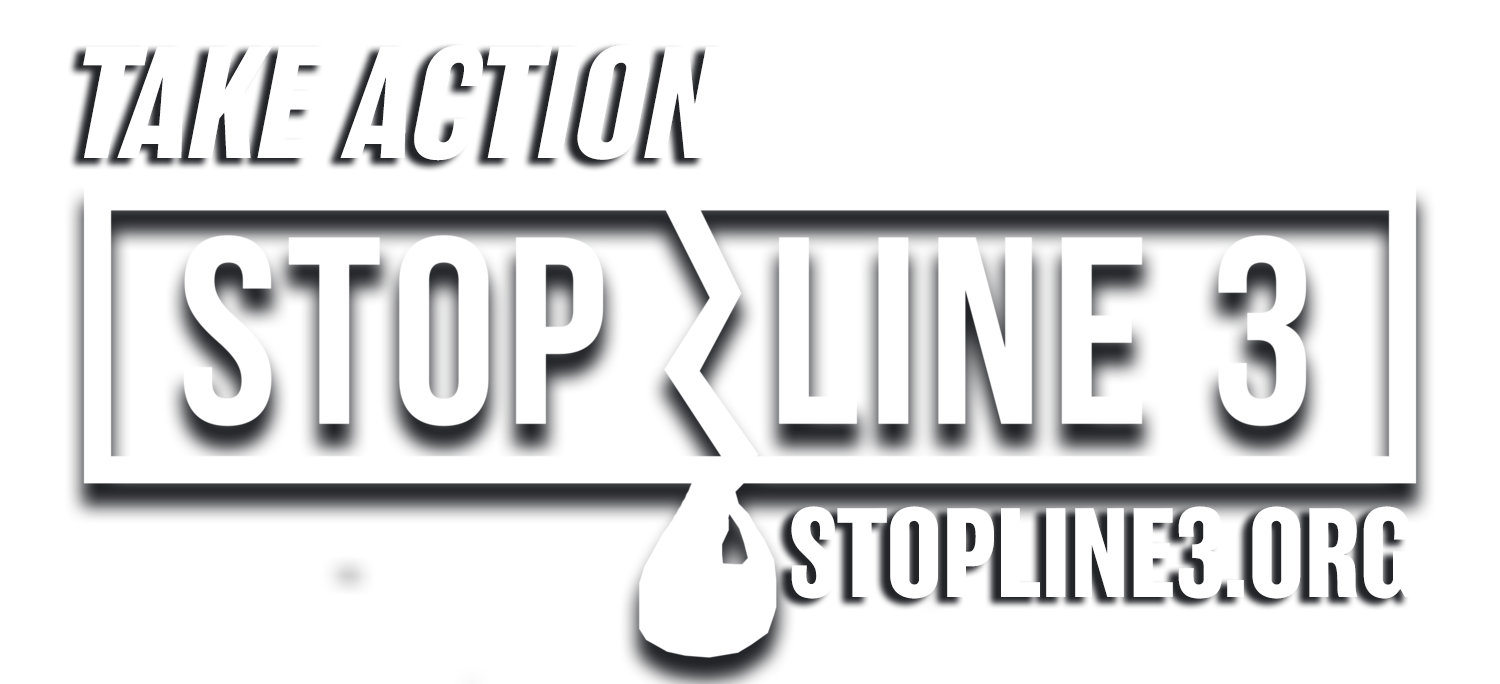Photo by Rob Wilson Photography
This week, all of the intervening parties in the State of MN’s review process for Line 3 filed their legal briefs, altogether totalling over 1000 pages of formal “legalese” with thousands of citations to other documents. The parties include 5 Ojibwe tribal governments, several environmental non-profits, the Youth Climate Intervenors, landowners and lake associations along the route, Governor Dayton’s Department of Commerce (DOC), and of course, Enbridge and their various Industry and Labor allies.
In the briefs, the parties make legal arguments about why the Public Utilities Commission (PUC) should approve or deny the permits for the project. These arguments are typically framed as statements that the Administrative Law Judge (ALJ) could use in her report, due April 23, in which she will offer her recommendation to the PUC based on her interpretation of the law. To support those arguments, the briefs reference information from the massive public record built over the past 4 years in public hearings, public comment periods, application documents, 3 rounds of testimony from expert witnesses, 12 days of evidentiary hearing where those witnesses were cross-examined, and of course, the State’s 5000+ page Environmental Impact Statement (EIS).
All of the briefs are included below in full, in case you have time to read further, but here are a few highlights: The MN Department of Commerce (DER Division) continues to oppose Line 3, because it is not needed and the consequences to society are negative. The MN Department of Commerce (EERA Division), which is the division that produced the EIS, does not offer an opinion about the project, but did propose edits to Enbridge’s “findings of fact.” All 5 Ojibwe tribes enthusiastically oppose the project, arguing that Enbridge already has enough capacity, that the impacts to natural resources and Native communities are too great, and that the cultural resources along the route have not been adequacy considered. The Leech Lake Band reiterated its position that it absolutely will not allow another pipeline to cross its reservation.
Honor the Earth presented a technical argument about oil supply and demand, outlining the lack of need for the project and the accelerating transition away from fossil fuels. The Sierra Club focused on renewable energy alternatives. Friends of the Headwaters showed that one of the alternative routes is far more reasonable than Enbridge’s proposed route. Youth Climate Intervenors discussed climate change and the impacts on younger and future generations, as well as Indigenous rights and the Public Trust doctrine. Individual landowners and lake associations argued that the environmental and economic costs to Minnesota’s farms and lake country far outweigh the benefits to a private corporation.
What’s next? The parties now have until February 16th to submit their “Reply Briefs,” in response to those submitted in this first round. At some point in February, the DOC will submit the revisions to the EIS requested by the PUC last December, and the PUC will determine if those changes make the EIS “adequate.” There are also 3 pending legal motions that the PUC could decide to rule on, if they want. All 3 ask the PUC to reconsider their decisions on the content of the EIS, including the Joint Tribal Petition filed by all 5 Ojibwe bands, asking them to halt the process until a full survey of the cultural resources on the possible routes is completed and included in the EIS to inform the final decision-making.
After the ALJ submits her report on April 23, the parties will also have a chance to file “exceptions” to that report. But beyond that, the state’s process is almost complete. The PUC is expected to make its final decision in late June. The Army Corps of Engineers has begun their permit review process as well, parallel to the state process and in consultation with tribal governments. Tribal hearings for the Anishinaabe Cumulative Impact Assessment for Line 3 are ongoing. Resistance camps are surviving the winter and continuing to execute direct actions, while preparing for the possibility of a construction start in late summer.
Opposition Briefs
MN Department of Commerce (DER Division)
Fond du Lac Band of Lake Superior Chippewa
Red Lake Band of Chippewa and White Earth Band of Ojibwe
Supporter Briefs
Enbridge Energy (Brief and Findings of Fact Etc.)
United Association of Pipefitters
Neutral Briefs
MN Department of Commerce (EERA Division) - Edits of Enbridge’s Findings of Fact

